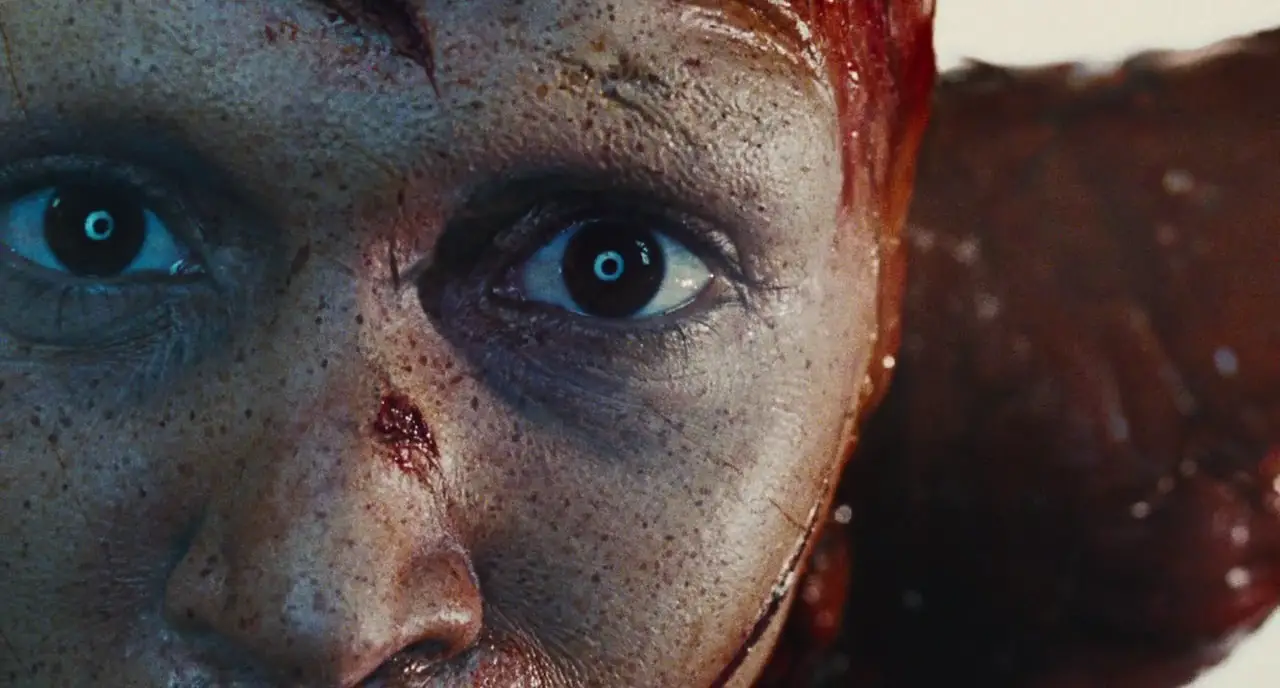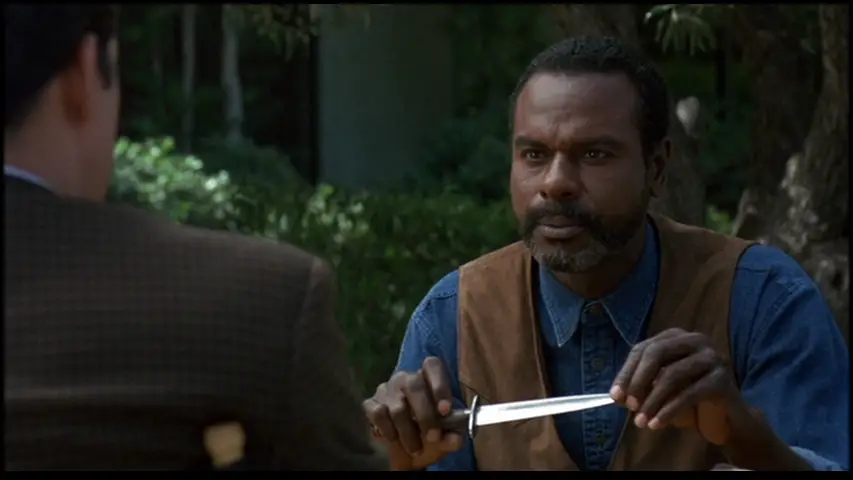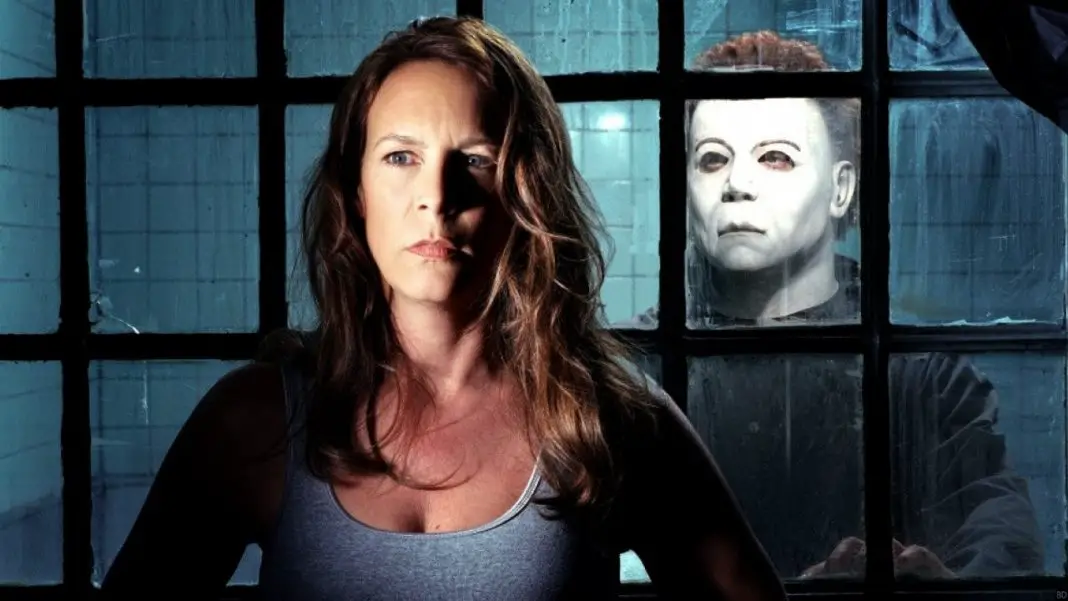As much as we love to analyze and obsess over minute details in horror, it can be frustrating when there are so many unanswered questions. Horror can be full of plot holes, as can any other genre. And even the best movies may leave us wondering about some details that never got fully explained.
But some of these unanswered questions have answers, even if you won’t necessarily find them in the films themselves. Sometimes, these answers wind up on the cutting room floor. Sometimes a director or writer might explain what was originally intended in an interview. Even when they don’t, these questions have many possible answers, and that’s what I’m trying to explore here.
Did You Know? Wicked Horror TV Has Classic and Independent Horror Films Available to Stream for Free!
A number of these are open to interpretation and that’s part of the fun. Whether they’re truly answerable or not, here are some of the best unanswered questions with exciting possibilities. Spoilers below.
How could Marie have been the killer in High Tension?
People really love to hate the ending of High Tension. I think it’s fantastic and that the answer is pretty clear. Marie sets up that she’s telling us the story of what happened in the opening scene, which makes the entire film her version of the truth. The whole feature basically takes place inside of her head, making her a classic unreliable narrator.
 Why is the puzzle box in Hellraiser so easy to open?
Why is the puzzle box in Hellraiser so easy to open?
This is a question that people have held onto for years, even if the franchise repeatedly gives us answers. In Hellraiser III Kirsty explains that the box wants to open, that’s the key. In Hellraiser II, Pinhead explicitly states “It is not hands that call us, it is desire.” The box is as interested in you as you are in it and if it thinks you’re a good fit, the puzzle will be much easier to solve. Part of what makes Kirsty such an interesting protagonist is that despite her innocent appearance, there’s something about her that made the box open itself for her in the first place.
 What is whispered at the end of Martyrs?
What is whispered at the end of Martyrs?
There’s a ton of speculation as to what gets whispered to the Mademoiselle at the end of Martyrs. For me, though, I’ve always thought the answer to be pretty simple. These people are abducting young women and torturing them to the brink of death, all with the plan of recording what they see of the afterlife in their final moments. In that context, it makes perfect sense for her to say that there is no after life, and that’s what makes the Mademoiselle shoot herself.
 What’s up with that bear suit in The Shining?
What’s up with that bear suit in The Shining?
This one comes right from the novel. It’s another horrific bit of Overlook history that the hotel drags out and replays for Wendy when she’s running through the hotel at the end of the movie. Basically, there were several weird sex parties in the hotel’s past. The man we see in the tuxedo is Horace Derwent, a billionaire heavily responsible for the hotel’s construction. The man in the bear suit was one of his lovers, named Roger.
 Who is infected at the end of The Thing?
Who is infected at the end of The Thing?
Whether McReady or Childs are infected at the end of The Thing is one of most hotly debated questions in horror. John Carpenter has said in the past that he thinks it’s Childs, but doesn’t know for sure. Just speaking from personal preference, I really like the idea that neither of them is infected, but they’ve both totally lost their ability to trust, so they’re literally going to watch the other freeze to death just to be sure. It feels like a very fitting end for the movie.
 Who taught Michael Myers how to drive?
Who taught Michael Myers how to drive?
This one’s such a classic unanswered question that Adam Green even went back and made a short film out of it in the form of a fake deleted scene. But there was actually a line in one of the original drafts of Halloween: The Curse of Michael Myers in which Dr. Wynn—the very same man who points out that Michael doesn’t know how to drive in the original Halloween, also revealed to be the mysterious Man in Black of Halloween 5—mentions as an aside “I even taught him how to drive.”
 Why is Creighton Duke so hell bent on bringing down Jason in Jason Goes to Hell?
Why is Creighton Duke so hell bent on bringing down Jason in Jason Goes to Hell?
Again, this one comes from the script. Given that it’s the primary explanation for one of the main characters’ motivations, it really should have stayed in the movie. Basically, it hints that Duke was once a pretty normal guy until Jason killed his girlfriend, and that led him on the path to bounty hunting and obsessing over finding a way to kill Jason Voorhees for once and for all.








